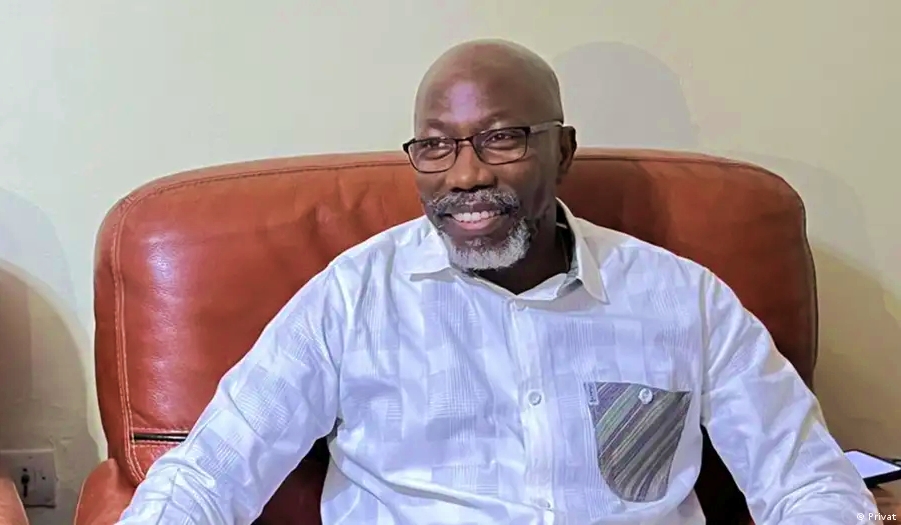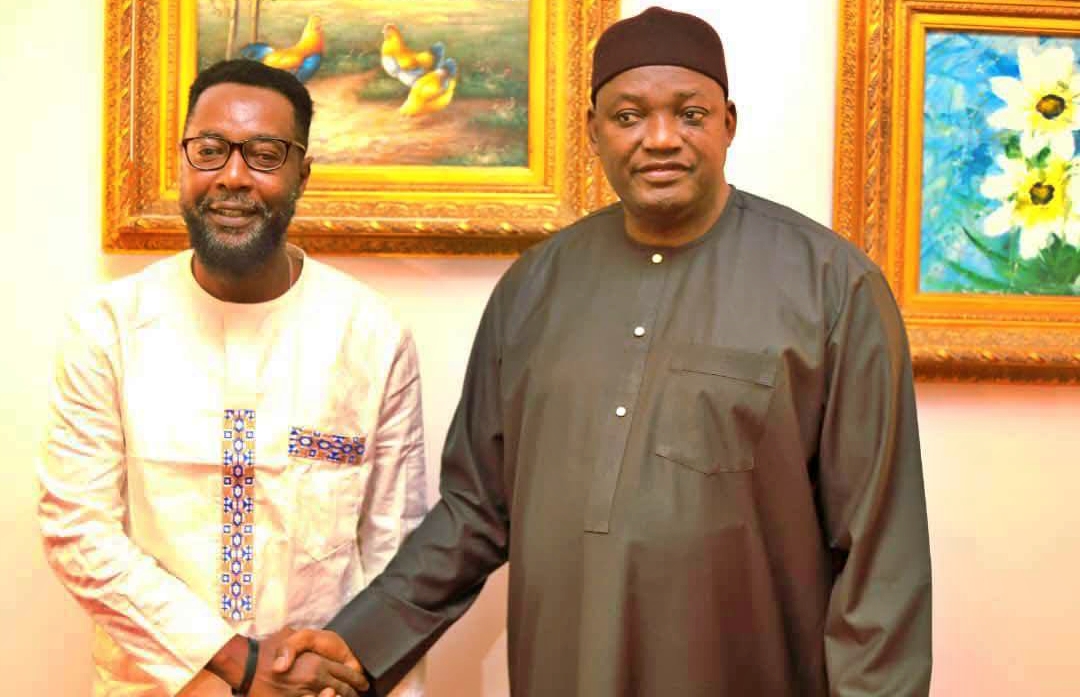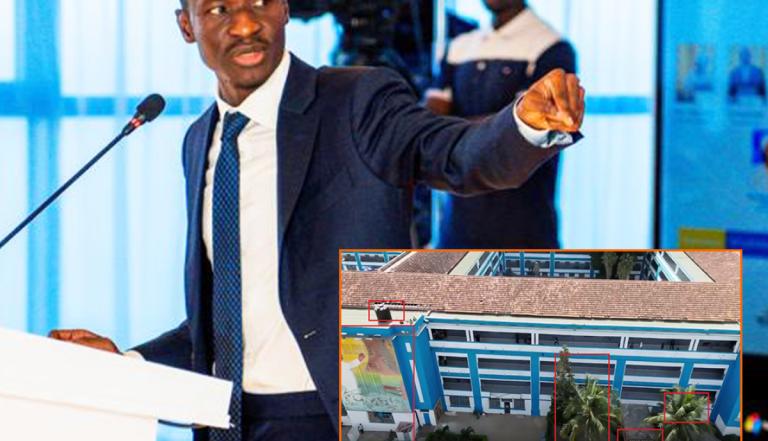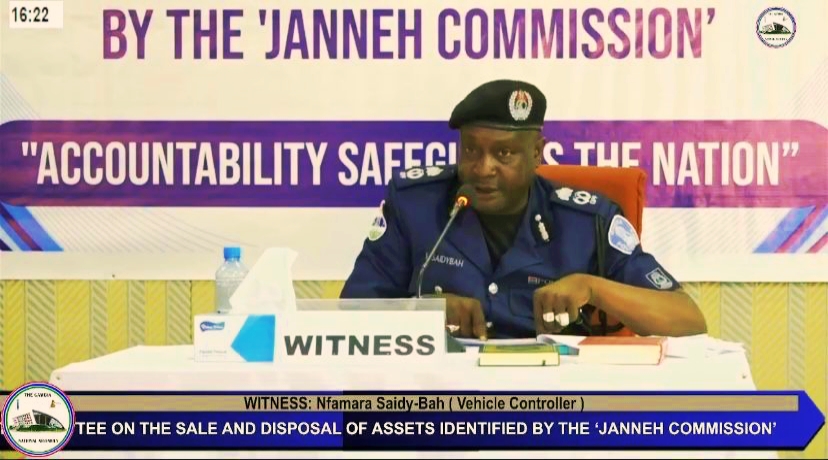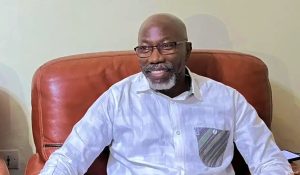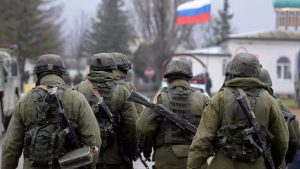Gambiaj.com – (BANJUL, The Gambia) – Fresh testimony before the National Assembly’s special select committee has shed light on how dozens of vehicles seized from former President Yahya Jammeh’s associates were swiftly handed over to members of the coalition government that brought President Adama Barrow to power.
Appearing before the committee, State House Vehicle Controller Nfamara Saidybah admitted that vehicles retrieved from generals, drivers, and APRC loyalists in early 2017 were reassigned almost immediately to members of the coalition.
“These vehicles were recovered and brought to the Office of the President,” Saidybah testified. “They were assigned to the then Secretary General, who gave instructions to provide them to members of the coalition. That was in March; major assignments were made then.”
Pressed by counsel Lamin Dibba on whether this meant stripping Jammeh-era officials of their vehicles only to reallocate them to Barrow’s allies, Saidybah conceded, “Yes, that’s it.”
The testimony also revealed inconsistencies in how the vehicles were classified. While Saidybah initially argued that APRC-registered vehicles were not state property, he later acknowledged they were inventoried as government assets following directives from the Secretary General and the Minister of Finance.
“When I was assigned to verify, that was the time I realized most of these APRC vehicles had been given to security forces. We went foot-to-foot, recovered them, and inventoried them,” he explained.
The committee heard that the reassigned fleet included luxury SUVs, pickups, tractors, and even a Nissan Patrol V8 recovered from General Sulayman Badjie’s Sukuta residence.
Meanwhile, inconsistencies in record-keeping were flagged, with counsel Dibba questioning why bicycles and tricycles were listed alongside high-value vehicles such as Mercedes-Benz units.
Tensions rose when Saidybah was pressed on whether the Inspector General of Police had specifically instructed him to seize vehicles outside Jammeh’s official properties, such as Kanilai.
After back-and-forth exchanges, he maintained that the mandate extended to “any vehicles used by the former president and assigned to others.”
The revelations echo findings of the Janneh Commission, which had previously documented how assets linked to Jammeh were recovered and redistributed in the aftermath of his departure into exile.
The ongoing National Assembly hearings are expected to revisit the thorny question of whether the post-Jammeh government’s asset seizures crossed into politically motivated redistribution.



